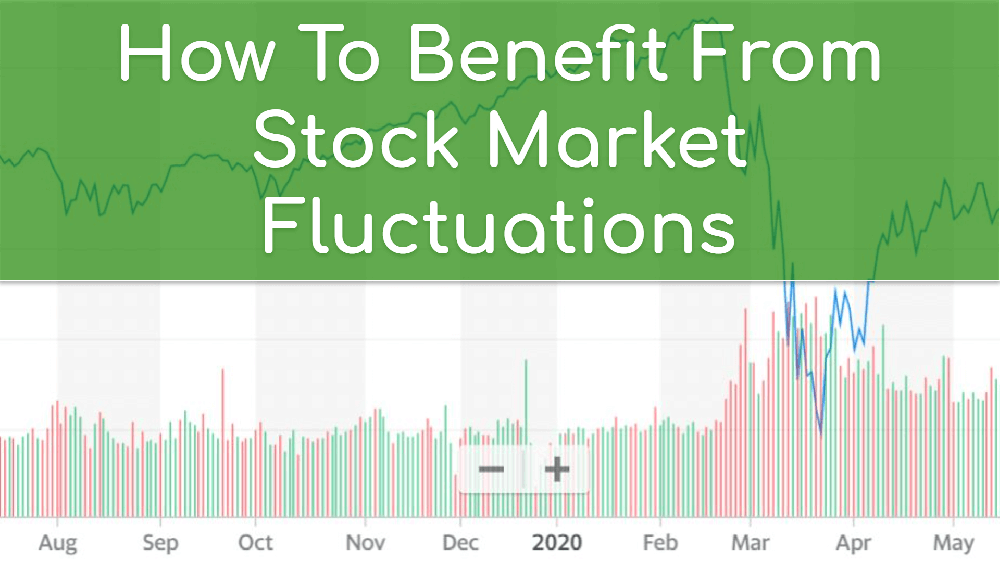Morning Bid: Drawing support from Wall Street, Fedspeak

An eagle tops the U.S. Federal Reserve building's facade in Washington, July 31, 2013. REUTERS/Jonathan Ernst/File Photo Acquire Licensing Rights
Nov 8 (Reuters) - A look at the day ahead in Asian markets from Jamie McGeever, financial markets columnist.
Asian markets on Wednesday should be well-placed to bounce back from the previous day's declines, supported by another positive showing on Wall Street that secured the S&P 500's and Nasdaq's longest winning streak in two years.
Tuesday's slide in U.S. Treasury yields will also support risk appetite in Asia, although some of that could be tempered by the dollar's resilience.
With little on the regional economic data and policy events calendar to give markets a steer, investors will probably take their cue from Wall Street. If so, a positive open to Wednesday's session is in the cards.
The Nasdaq rose for the eighth day in a row and the S&P 500 rose for a seventh, both marking their best runs in two years. But investors won't be getting too carried away.
The Nasdaq peaked in November 2021 and the S&P 500's high watermark came a few weeks later. Between then and October last year, the Nasdaq lost as much as 35% of its value and the S&P 500 shed nearly 30%.
The mostly cautious tone from U.S. policymakers on Tuesday should also help support sentiment in Asia on Wednesday. That said, no Fed official is closing the door to further rate hikes, so a good degree of two-way risk should be factored into emerging and Asian markets.
Perhaps surprisingly, given the ongoing violence and tension in the Middle East, oil prices are now back at their lowest levels since July. Year-on-year, oil is down 15% - the inflationary burst of September has completely reversed.
The news for investors in China over the last 24 hours, meanwhile, was fairly positive. The International Monetary Fund upgraded China's growth outlook, and Beijing reported a surprise increase in imports last month.
Although the IMF's move can perhaps be seen as just lagging the private sector, it does come only a few weeks after it released its World Economic Outlook. The IMF now expects China's economy to grow 5.4% this year and 4.6% next year, up from 5.0% and 4.2%, respectively.
In currency markets, the yen has fallen back below the key 150.00 per dollar mark, while the biggest loser overnight was the Aussie dollar, down 0.9% for its biggest fall in a month.
The Reserve Bank of Australia raised rates to a 12-year high, as expected, but left it open on whether further tightening would be needed to bring inflation to heel.
On the corporate front, perhaps the most interesting of all Japanese corporate earnings reports on Wednesday will be technology group Softbank, after WeWork filed for bankruptcy. Softbank held a 60% stake in the flexible office space provider.
Here are key developments that could provide more direction to markets on Wednesday:
- Fed's Powell, Williams, Barr, Jefferson, Cook all speak
- Japan tankan manufacturing, services indexes (November)
- Japan FX reserves (October)
By Jamie McGeever; Editing by Josie Kao
Our Standards: The Thomson Reuters Trust Principles.
What is the principle of stock fluctuations?
The principle of stock fluctuations is the idea that the prices of stocks change due to the forces of supply and demand, as well as other factors that influence the expectations and behaviors of buyers and sellers.Supply and demand are the basic elements of any market, and they determine how much of
Simple and efficient stock trading strategies
I’m glad you’re interested in learning about simple and efficient stock trading strategies. There are many ways to trade stocks, but some of the most common and effective ones are:Price-signal trading: This strategy involves identifying a level at which the stock price has met support or resistanc
What is the most important factor in making big money from stock investment?
There is no definitive answer to what is the most important factor in making big money from stock investment, as different investors may have different opinions, preferences, and strategies. However, some common factors that many experts and successful investors agree on are:Patience: Stock investin
What is the fundamental logic of making money from stocks?
The fundamental logic of making money from stocks is to buy low and sell high. This means that you want to buy stocks when they are undervalued by the market, and sell them when they are overvalued by the market. The difference between the selling price and the buying price is your profit.There are








